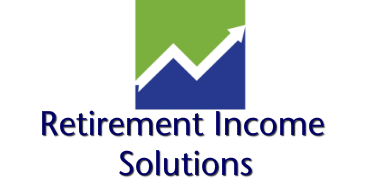Investors are watching the Build Back Better Act. This $3.5 trillion bill, refined through months-long negotiations, may be approaching a final vote in the House of Representatives. If the BBA becomes law, it would finance large-scale infrastructure projects, authorize a major expansion of parts of the country’s social safety net, and fund college education, grant, and entrepreneurial programs over the next ten years.1,2
This information is designed to provide general information on the subjects covered. It is not intended to provide specific legal or tax advice and cannot be used to avoid tax penalties or to promote, market, or recommend any tax plan or arrangement. Remember that tax laws and tax rates are constantly changing.
The passage of the BBA would mean higher taxes for the wealthy and big businesses. To help pay for all these initiatives, the new law may raise the capital gains tax rate. Americans in the highest federal tax bracket (households earning $400,000 or more) would again face a 39.6% marginal income tax rate, up from 37%. Itemized deductions for taxpayers earning more than $400,000 might be capped at 28%. The country’s corporate tax rate would be lifted to 26% from the current 21%.2,3
At the same time, lower-income and middle-income households could see some of their potential tax credits increase, and Medicare coverage might expand so seniors could use Medicare benefits to pay for dental, vision, and hearing care.2
How could these tax changes impact a wealthy household? Bill Hoagland, a senior vice president at the Bipartisan Policy Center, gave CNBC a quick overview this summer. By his estimate, the average federal income tax rate for households earning more than $1 million would rise more than 2% to 32.5%. Households making between $500,000 and $1 million would see their average federal income tax rate climb 4% to roughly 31%.4
The implications are clear. High earners and those with high taxable investments may want to consult tax and financial professionals to explore tax management opportunities. As the Tax Foundation notes, investment income typically represents around 40% of household income for America’s millionaires – so for the wealthy, the proposed 5% rise for the top capital gains tax rate is particularly concerning.4
Tax policy proposals and opinions expressed are subject to change without notice and are not intended as tax advice. Consult a professional before making any tax or investment decision.

Damian Sylvia
Retirement Income Solutions
Office: 732-508-6044
Direct: 732-284-0902
Email: Damian@MyFinancialSolution.org
Website: RetirementSolutionsNJ.com
Sources:
1. Detroit Free Press, October 4, 2021
2. CBS News, October 5, 2021
3. Forbes, May 14, 2021 4. CNBC, August 11, 2021
4. CNBC, August 11, 2021

